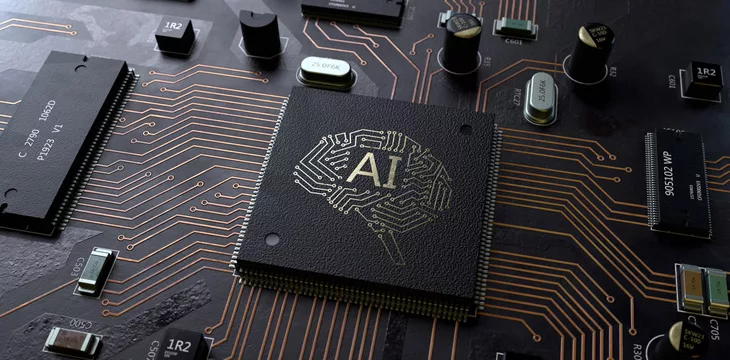|
Getting your Trinity Audio player ready...
|
China has announced tightening its controls concerning the export of raw materials integral to creating artificial intelligence (AI) chips in response to U.S. restrictions.
The Chinese Ministry of Commerce issued a statement with the General Administration of Customs to regulate the export of gallium and germanium products. Going forward, a government license will be required to export these products with the addition of limits on the amounts licensees can export.
The new regulations will affect germanium products, including germanium dioxide, germanium ingot, germanium metal, germanium tetrachloride, and germanium phosphide. Derivatives from gallium, including arsenide, selenide, phosphide, oxide, and nitride, will also be affected by the new rules.
The rules are expected to come into effect on August 1, with the Ministry’s statement prescribing stiff penalties for defaulters. Both gallium and germanium are integral materials required for making chips, with pundits noting that the new restriction could adversely affect the pace of AI development around the world.
“The global supply of germanium is still highly concentrated in China,” read a joint report from the European Association of Critical Raw Materials Alliance (CRMA) and the European Commission. With China controlling over 80% of the global gallium supply, AI chip makers are in a frenetic rush to secure new supply sources ahead of the new government ban.
Experts are concerned that China could stifle gallium and germanium supplies to U.S.-based semiconductor manufacturers following strained economic ties between nations. The U.S. fired the first shots after it limited the access of Chinese developers from accessing Nvidia’s A100 and H100 chips, the most advanced in the markets for commercial applications.
Already hunting for new markets
With AI recording soaring adoption rates, demand for chips has gone through the roof, taking with it the valuations of manufacturing firms. Nvidia (NASDAQ: NVDA) and Advanced Micro Devices (AMD) (NASDAQ: AMD) have rolled out new products and have seen their valuations rise by over 20% since 2022.
OpenAI CEO Sam Altman urged South Korea to invest in local semiconductor manufacturing to take advantage of the buzz around AI as Taiwanese markets groan under pressure.
Despite the buzz, AI developers are bracing for sweeping regulations in the coming months following concerns about the risks posed by AI to many industries. Since the AI boom, mass media, Web3, finance, healthcare, and education have faced AI risks stemming from abuse from bad actors.
In order for artificial intelligence (AI) to work right within the law and thrive in the face of growing challenges, it needs to integrate an enterprise blockchain system that ensures data input quality and ownership—allowing it to keep data safe while also guaranteeing the immutability of data. Check out CoinGeek’s coverage on this emerging tech to learn more why Enterprise blockchain will be the backbone of AI.
Watch: AI, ChatGPT, and Blockchain

 08-27-2025
08-27-2025 




